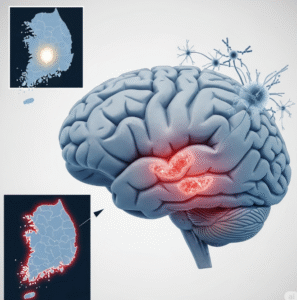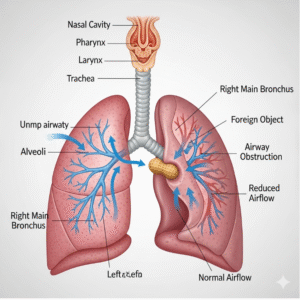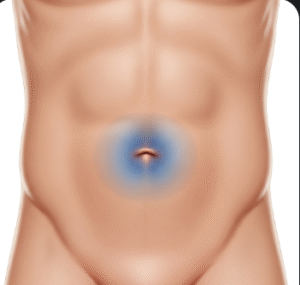Overview
Cyclothymic disorder (cyclothymia) is a milder but chronic mood disorder characterized by fluctuating low-level depressive and hypomanic symptoms. Although less severe than bipolar disorder, it can still affect relationships, work, and overall well-being. In Korea, psychiatric services are well-equipped to diagnose and manage cyclothymic disorder using therapy, medication, and lifestyle support.
What is Cyclothymic Disorder?
Cyclothymic disorder is a type of mood disorder involving long-term mood swings. Individuals experience periods of hypomanic symptoms (elevated or irritable mood, increased energy) and periods of mild depression, but symptoms are not as intense or prolonged as those in bipolar I or II. The condition often begins in adolescence or early adulthood and can persist for years if untreated.
Symptoms
- Periods of elevated mood, increased activity or energy
- Periods of mild depression, low motivation, and fatigue
- Mood changes lasting for days to weeks
- Emotional instability and irritability
- Difficulty maintaining stable relationships or job performance
Causes
- Genetic factors: family history of mood disorders
- Biological factors: chemical imbalances in the brain
- Environmental stressors: trauma, chronic stress, or lifestyle changes
- Personality traits: high emotional sensitivity
Risk Factors
- Family history of bipolar disorder or mood disorders
- Adolescence or young adulthood onset
- Stressful or unstable environments
- Substance use
Complications
- Progression to bipolar disorder in some cases
- Increased risk of anxiety or substance use disorders
- Impaired social, academic, or occupational functioning
- Risk of self-harm during depressive episodes
Prevention
- Early identification of mood changes
- Regular mental health check-ups
- Stress management and healthy coping strategies
- Avoidance of alcohol and drugs
Treatment Options in Korea
South Korea offers modern psychiatric and psychological services for cyclothymic disorder, focusing on symptom stabilization and quality of life improvement:
- Psychotherapy
- Cognitive Behavioral Therapy (CBT): to identify and modify unhelpful thought patterns
- Interpersonal and Social Rhythm Therapy: to stabilize daily routines and mood
- Psychoeducation: helping patients and families understand the disorder
- Medication
- Mood stabilizers (e.g., lithium, lamotrigine)
- Low-dose antipsychotics or antidepressants, if necessary, under specialist guidance
- Lifestyle and Support
- Stress reduction techniques such as meditation, exercise, and proper sleep
- Support groups and counseling services
- Regular follow-up with psychiatrists and therapists













